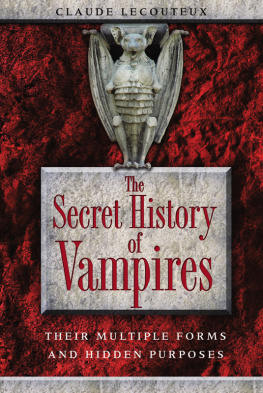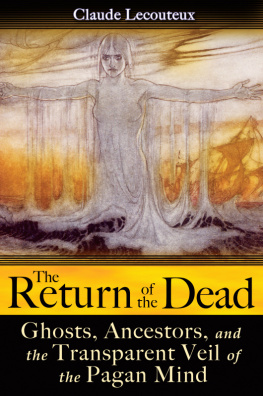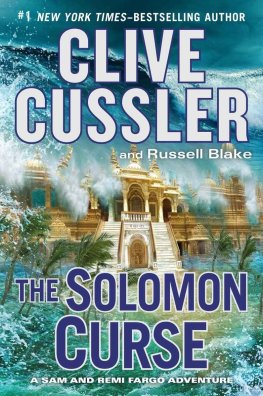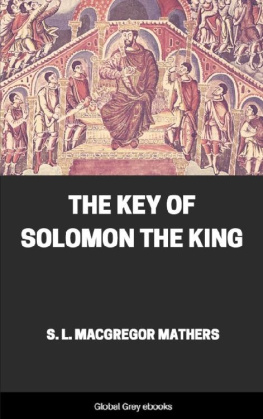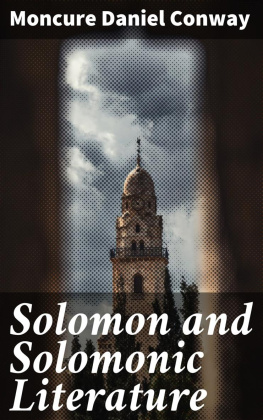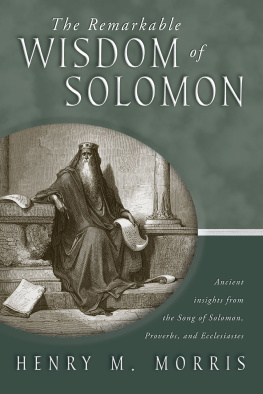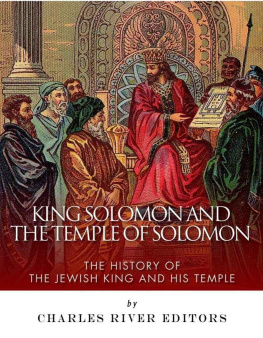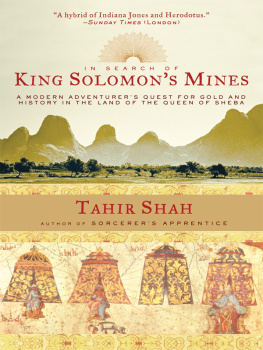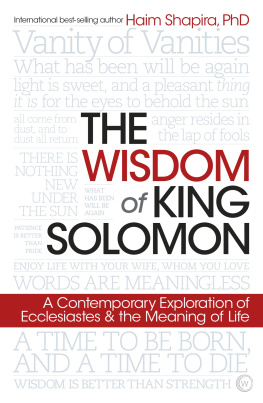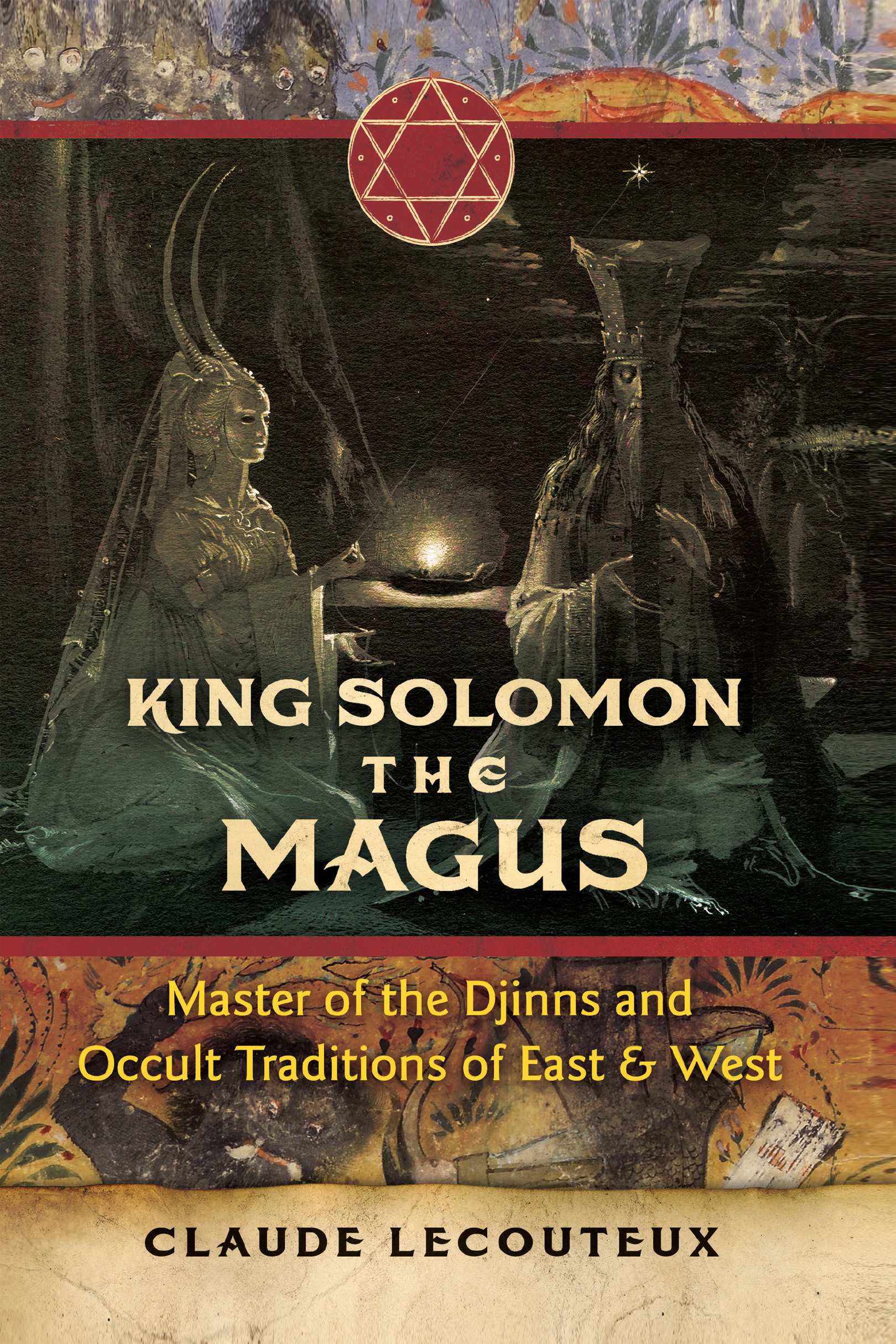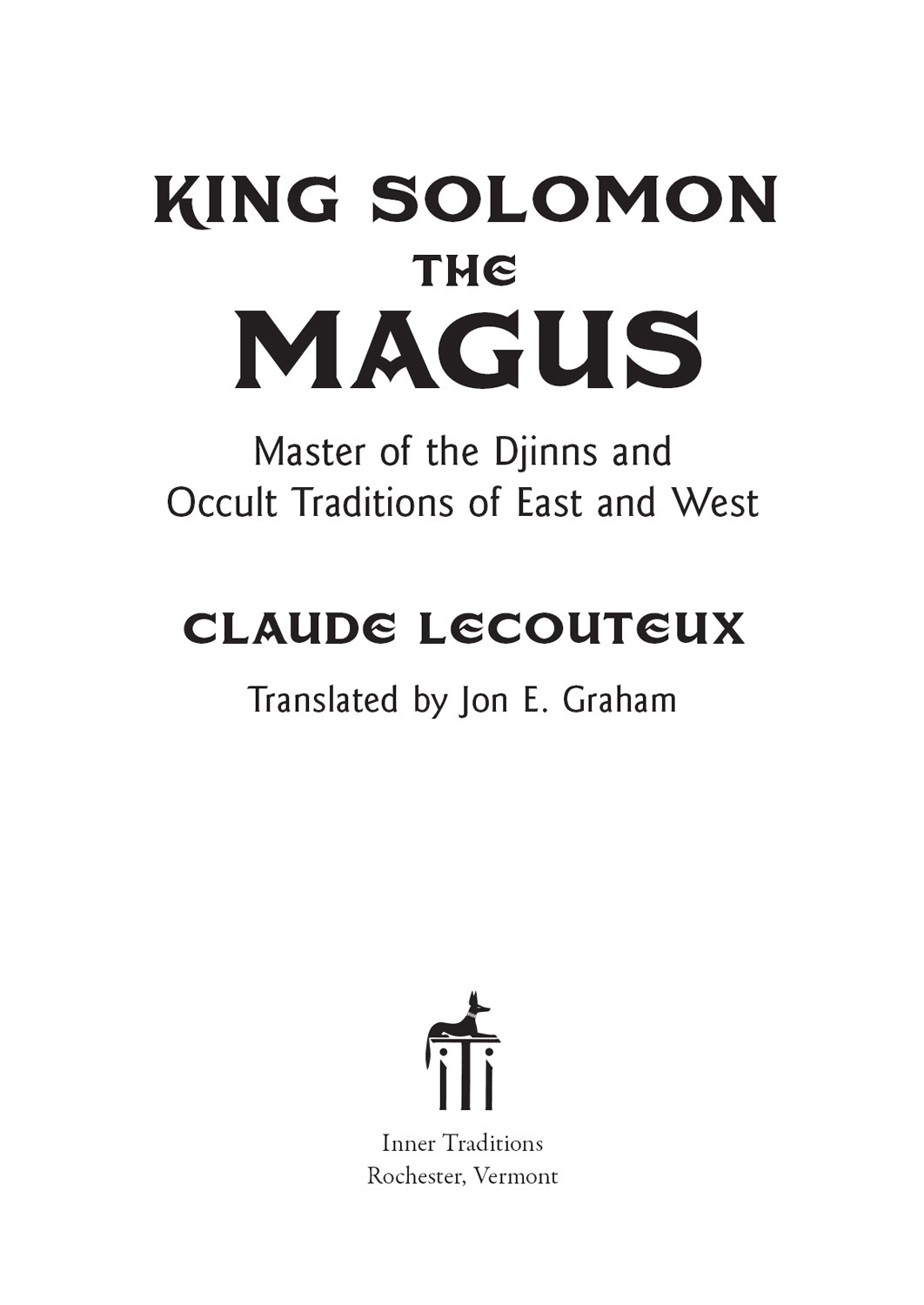Claude Lecouteux - King Solomon the Magus: Master of the Djinns and Occult Traditions of East and West
Here you can read online Claude Lecouteux - King Solomon the Magus: Master of the Djinns and Occult Traditions of East and West full text of the book (entire story) in english for free. Download pdf and epub, get meaning, cover and reviews about this ebook. year: 2022, publisher: Inner Traditions/Bear & Company, genre: Detective and thriller. Description of the work, (preface) as well as reviews are available. Best literature library LitArk.com created for fans of good reading and offers a wide selection of genres:
Romance novel
Science fiction
Adventure
Detective
Science
History
Home and family
Prose
Art
Politics
Computer
Non-fiction
Religion
Business
Children
Humor
Choose a favorite category and find really read worthwhile books. Enjoy immersion in the world of imagination, feel the emotions of the characters or learn something new for yourself, make an fascinating discovery.

- Book:King Solomon the Magus: Master of the Djinns and Occult Traditions of East and West
- Author:
- Publisher:Inner Traditions/Bear & Company
- Genre:
- Year:2022
- Rating:3 / 5
- Favourites:Add to favourites
- Your mark:
King Solomon the Magus: Master of the Djinns and Occult Traditions of East and West: summary, description and annotation
We offer to read an annotation, description, summary or preface (depends on what the author of the book "King Solomon the Magus: Master of the Djinns and Occult Traditions of East and West" wrote himself). If you haven't found the necessary information about the book — write in the comments, we will try to find it.
Examines Solomons magical possessions, including his famous ring that gave him command over animals, weather, demons, genies, and djinns, as well as his amulets, remedies, exorcisms, and charms
Looks at the extensive presence of Solomon in folklore around the world, including in Armenia, Malaysia, Russia, Bulgaria, Morocco, India, and Egypt
Looking at the Solomonic magical tradition and Solomons profound influence on esoteric traditions around the world, Claude Lecouteux reveals King Solomon not only as one of the great kings of prehistory but also as the ancient worlds foremost magician and magus. Examining the primary sources on Solomon, such as the Bible, the Koran, and the writings of Flavius Josephus, the author explores Solomons judgments, his explorations, his literary and scientific works (including an herbal), and his constructions beyond the eponymous temple, such as the copper city in Andalus built by the djinns and the baths of Sulayman. He also looks at Solomons magical possessions, such as his famous ring and the Philosophers Stone. The author examines the supernatural powers granted to Solomon by his ring, which he received from the angel Gabriel, including command over animals, weather, and demons, and explores in detail Solomons power over genies and djinns.
Following the esoteric threads hidden within the primary sources on Solomon, Lecouteux reveals the work of Solomon the Magician, exploring his amulets, remedies, exorcisms, charms, and his influence on Arab and Western magic. Providing illustrations of sigils, talismans, and other magic symbols related to Solomon, the author examines the schools of Solomonic Folkloremagic and works such as The Greater and Lesser Keys of Solomon the King and The Hygromancy of Solomon. He then looks at the extensive presence of Solomon in folklore worldwide, including in Armenia, Israel, Malaysia, Eastern Europe, Russia, Morocco, India, Mongolia, and among the Abyssinians of Ethiopia and the Copts in Egypt. He also looks at Solomons role within the Bulgarian tradition from which the Cathars derived.
Painting an in-depth portrait of Solomon the Magician-King, Lecouteux reveals how this legendary magus left a deep impression upon the occult, magical traditions, and philosophies of the ancient world that can still be felt to this day.
Claude Lecouteux: author's other books
Who wrote King Solomon the Magus: Master of the Djinns and Occult Traditions of East and West? Find out the surname, the name of the author of the book and a list of all author's works by series.

